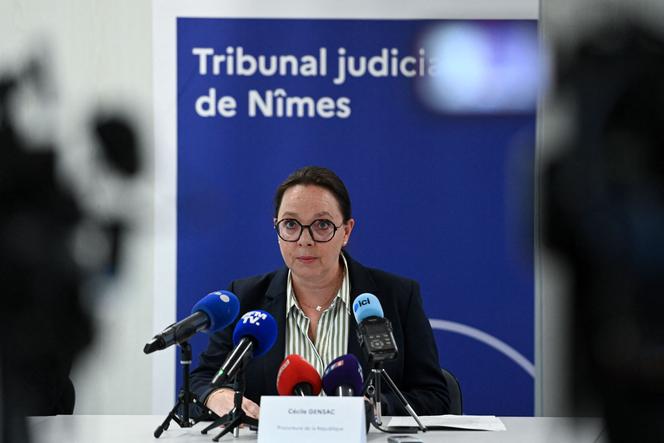


Controversy escalated throughout the week following the stabbing on Friday, April 25 of Aboubakar Cissé, a young Malian praying at the mosque of La Grand-Combe in southern France, as to how the killing should be described. The prosecutor in Nîmes, Cécile Gensac, speaking for the first time on Friday, May 2, explained why the acts by suspect Olivier H. were not being treated as terrorism.
The 20-year-old murderer "acted in an isolated context, without any ideological claims or links to an organization," Gensac said. "The motives for the attacker's actions quickly appeared deeply personal: a desire to kill someone, regardless of the target," against a backdrop of "morbid fascination." He acted "in an isolated context," driven by an "obsessive desire to kill" that he had widely shared on social media.
At this stage, there is no explanation for why "he entered this mosque" and attacked this specific person, said Gensac. The initial investigations paint a picture of the murderer as a young man born in Béziers to a non-practicing Christian family of 11 children, and who watched violent videos, notably of people self-harming live, she noted.
You have 74.51% of this article left to read. The rest is for subscribers only.
